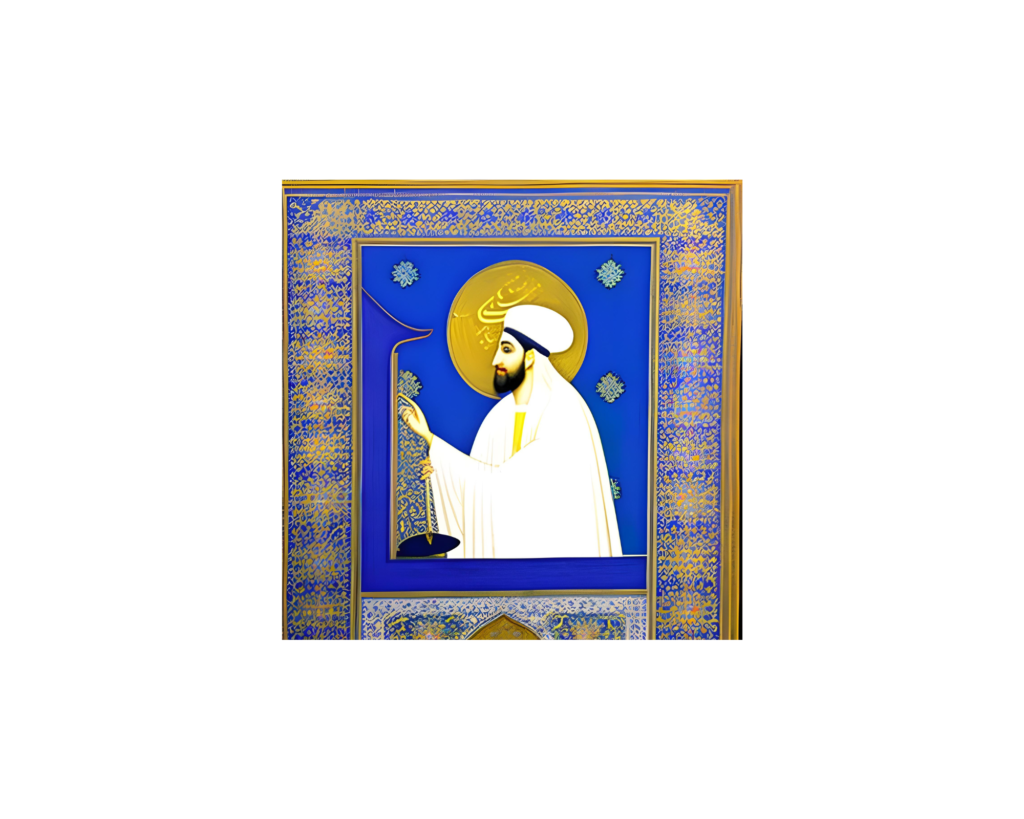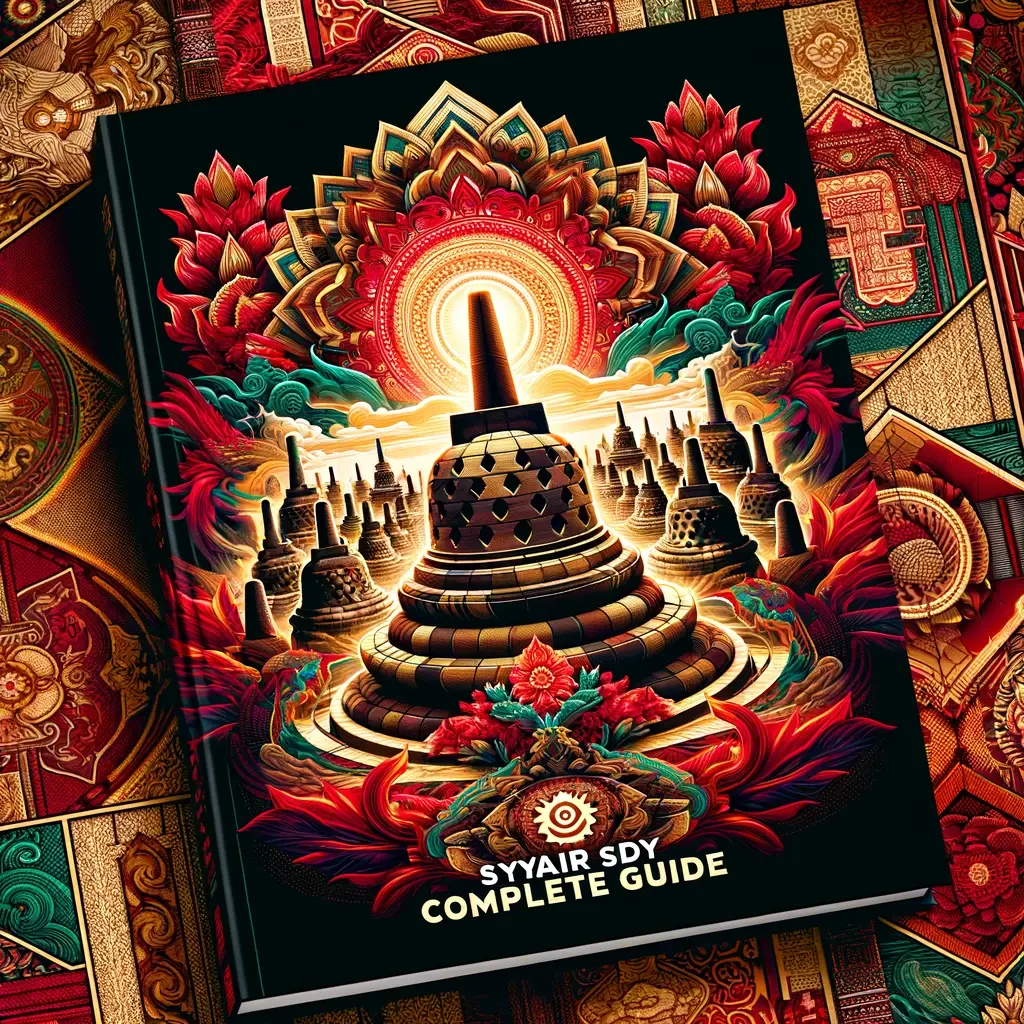Jalal ad-Din Rumi, widely known as Rumi, was a 13th-century Persian poet, Islamic jurist, and mystic whose profound teachings and poetic expressions continue to captivate and inspire people around the world. Rumi’s works delve into the realms of love, spirituality, and human connection, transcending time and cultural boundaries. In this article, we will explore the life, legacy, and enduring impact of Jalal ad-Din Rumi.
A Life of Transformation
Jalal ad-Din Rumi was born in 1207 in Balkh, present-day Afghanistan, and later settled in Konya, Turkey. He was raised in a family of Islamic scholars and jurists. Which played a significant role in shaping his intellectual and spiritual development. However, it was a transformative encounter with the wandering mystic Shams Tabrizi that changed the course of Jalal ad-Din Rumi life. Shams became Rumi’s spiritual mentor and companion, guiding him towards a deeper understanding of love and spirituality.
The Whirling Dervishes and Sufism
Rumi’s connection with Shams Tabrizi led him to embrace the mystical path of Sufism. Sufism emphasizes direct personal experience of the Divine and the pursuit of spiritual union. Jalal ad-Din Rumi founded the Mevlevi Order, also known as the Whirling Dervishes. Who engage in a unique form of ecstatic dance as a spiritual practice. The swirling movements of the dervishes symbolize the search for union. The Divine and the dissolving of the self in the ecstasy of divine love.
The Poetry of the Soul
Rumi’s poetry is a testament to his profound spiritual insights and his ability to articulate the ineffable experiences of the soul. His verses explore themes of love, longing, unity, and the human connection to the divine. Rumi’s poetry reflects his own journey of spiritual awakening and invites readers to embark on their own quest for self-realization and divine union. His words resonate with people of diverse backgrounds, cultures, and faiths, touching the depths of the human spirit.
Love as the Path to God
Central to Jalal ad-Din Rumi teachings is the transformative power of love. He believed that love is the essence of human existence and the key to connecting with the divine. Rumi’s poetry celebrates both earthly and spiritual love, emphasizing that love has the capacity to heal, uplift, and unite individuals. Through his poetry, Rumi invites us to transcend the boundaries of ego and embrace a love that encompasses all of creation.
A Legacy that Transcends Time
Rumi’s teachings and poetry have had a profound impact not only on literature but also on spirituality, philosophy, and interfaith dialogue. His words continue to inspire seekers of truth and spiritual awakening. Jalal ad-Din Rumi legacy has extended beyond his own cultural and religious context, captivating the hearts and minds of people around the world. His teachings of love, compassion, and unity serve as a guiding light in a world longing for harmony and connection.
Conclusion
Jalal ad-Din Rumi, the mystical poet and spiritual guide, remains an influential figure. Whose words have transcended time and continue to resonate with countless individuals. His life, teachings, and poetry inspire us to embark on a journey of self-discovery, love, and spiritual transformation. Jalal ad-Din Rumi profound insights into the human condition and the mysteries of the divine offer solace, wisdom, and guidance to seekers of trut. Jala ul din Rumi legacy serves as a reminder of the universal longing for connection, love, and spiritual fulfillment.




